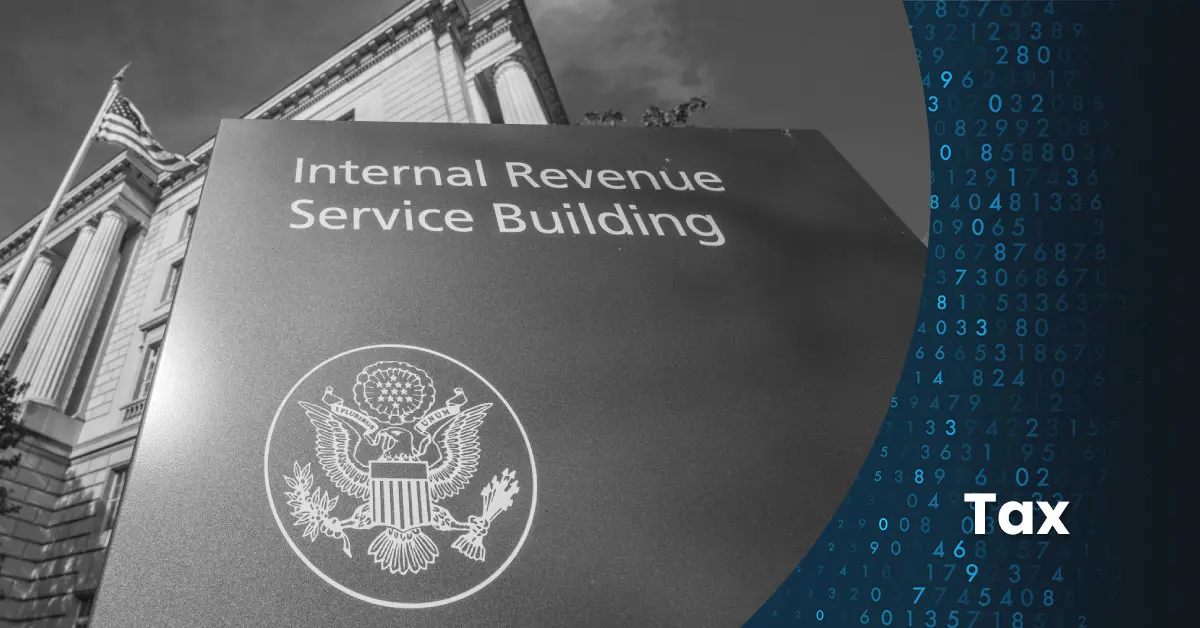Sales tax. An area of the U.S. tax code that is so complex, many accountants dedicate their entire careers to understanding the nuances of the laws and guiding business owners through its complexities.
This article breaks down the basics, so that small business owners know what questions to ask to ensure they comply with sales tax collection responsibilities and avoid potentially dire financial mistakes.
But first, some important tax terminology
Business owners do not pay or owe sales tax to their state and local governments. Instead, they’re agents of the state, responsible for collecting and remitting sales tax on applicable products.
It’s a minor point of clarification, but an important one in understanding your responsibilities as a business owner. Sales tax is not your money — even when it’s in your hands. Rather, it is the government’s money. It’s your responsibility to collect that money from consumers and pass it along to the appropriate governing bodies.
Products vs. services: an increasingly complicated debate
During the industrial revolution, things were a lot less complicated. Back then, the U.S. economy was product-driven, making the application of sales tax laws straightforward and easy to follow.
Since then, a lot has changed. Today, the U.S. economy functions primarily as a knowledge economy, making the waters increasingly muddy.
As the definitions between products and services continue to blur, so does the confusion surrounding when a company is responsible for collecting sales tax. Add eCommerce to the mix, with companies quickly selling digital products across state lines, and there’s a whole lot of room for error.
One of the latest sources of confusion? Software as a Service (SaaS).
Surely, a company with the word “service” in the definition is considered a service and thus exempt from sales tax. Right? Wrong. Probably.
The tax authorities define “product” broadly. Ultimately, if the primary source of your company’s revenue is your software, then, for tax purposes, your company sells a product, despite it being an intangible one.
Knowing whether or not sales taxes need to be collected for your company is an essential point of clarification for founders of early-stage startup companies and small business owners. In addition, knowing the rules in all of the states where you do business is also key for clarity.
If you don’t, you could encounter one of the most common and tragic tax pitfalls we see at Wiss & Company.
Nexus and the need to know what you’re doing from day one
Nexus is the physical connection between a vendor and the state. Often nexus is defined by a physical presence: Office locations, the location of employees who work from home, inventory storage, delivery, and sales are all contributing factors when determining where a business has nexus.
For sales tax purposes, a company has a nexus when they’ve completed a minimum number of transactions in a year or when they’ve brought in a minimum amount of annual revenue. In most cases, whichever number a company meets first establishes a nexus for the state.
While relatively simple for brick-and-mortar businesses, eCommerce makes this particularly challenging as inter-state sales occur frequently. This means that many business owners, particularly those who rely heavily on digital sales, must collect and remit sales taxes in multiple states and at differing rates.
Where many new business owners go wrong:
You’re just starting out. You’ve only made a few sales. Your product (or is it service?) falls in that grey area with the application of sales tax. At this stage, you haven’t generated enough revenue or made enough sales to establish a nexus, and as a small business owner, you have a lot of other balls in the air. You decide you’ll revisit the issue once sales have started rolling in.
Flash forward a bit. You’ve now done $1,000,000 in sales. You’re feeling good! You’re ready to dive into the details and figure out whether or not sales taxes apply to your company. You contact your accountant. As you prepare the appropriate paperwork, you notice that the first question on the form reads, ‘Date of the first sale.’ Even though you just recently brought in enough revenue to establish nexus, you’re still responsible for remitting sales taxes on all sales, not just those that have occurred since meeting the minimum threshold.
Since you haven’t been collecting sales taxes, you don’t have the accumulated funds needed to remit to your state taxation department. You’re now responsible for covering the missing funds out-of-pocket.
Too often, the early-stage startup founder lacks the personal funds to cover this critical oversight. They’re left with no choice but to dip into the company’s investor-raised capital to cover the amount due.
Remember, it’s not your money. It’s the consumer’s money. You’re merely a conduit for state revenue. So if you find yourself dipping into your business’s reserves to cover these costs, you’re paying for something you shouldn’t have had to pay in the first place. It’s the equivalent of affixing the wrong price tag to a product.
Not only is it an easy way to anger your investors, but it’s also an easy way for your investors to lose faith in your ability to run a financially viable company.
The moral of the story? Understanding sales tax responsibilities is not something to postpone. Address this beast of a question from your company’s infancy.
This article is based on an episode of the WTFAQ Podcast.

 Previous
Previous






